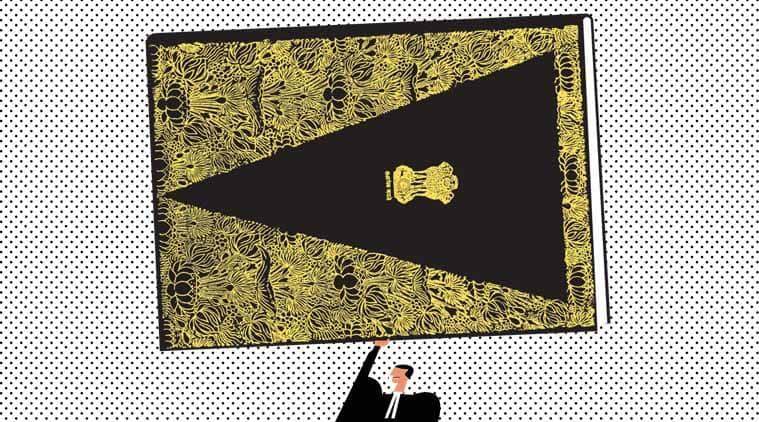The country’s counsel
The Attorney-General for India is an independent law officer who is mandated to uphold the Constitution and is obliged to speak truth to power.

The Attorney General for India (AG) recently made some statements about the Sabarimala litigation pending before the Supreme Court. Some say that the AG should not have made those statements. Without going into what the AG should or should not have said on the issue, a larger question arises regarding the constitutional institution of the AG, its independence and its relationship with the political executive. Is the AG just another lawyer defending the government before the judiciary or is the institution more than that? Who is, after all, the AG’s client?
Article 76 of the Constitution deals with the AG’s office. It says that the President can appoint a person who is qualified to be a Supreme Court judge as the Attorney-General for India. The AG advises the government on such legal matters as referred or assigned by the President, has the right of audience in all courts in the country, holds office at the pleasure of the President and receives such remuneration as the President determines. The President is generally bound by the “aid and advice” of the Council of Ministers.
Effectively, therefore, the Union Cabinet decides who should be appointed the AG, what matters be referred or assigned to him for legal advice, his remuneration and lastly, whether he should continue to hold office. But can we, on this basis, conclude that the client of the AG is the government? It would have been an easy conclusion to arrive at except for the word “for”. The Constitution does not provide for Attorney General of India. It provides for Attorney General for India. This would seem to indicate that the AG’s client is not the government but rather the people of India.
The government as a legal entity is a complex thing to understand. In theory, we elect our legislators every five years, the political party that wins the most seats in the legislature gets to form the government and continues to hold office as long as it enjoys the confidence of the legislature or until its term ends. But the public offices held by our elected representatives are also offices established by our Constitution. The Union Cabinet is answerable not only to the Parliament but also to the judiciary, and in the ultimate analysis, to the people.








































No hay comentarios:
Publicar un comentario